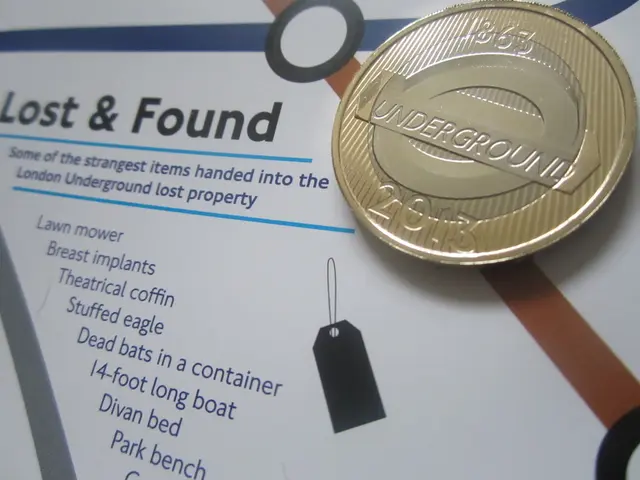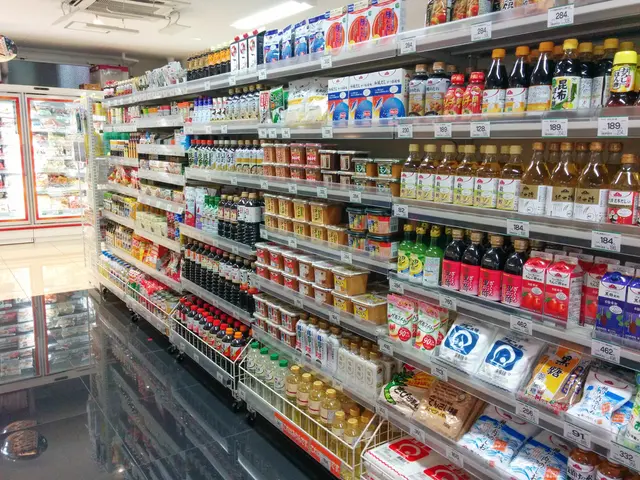Customs authorities expose 19 businesses evading antidumping taxes amounting to $30 million
In a significant move to combat illicit trade activities, Korean customs officials recently apprehended two firms for evading tariffs on steel exports to the EU. This incident highlights the close coordination between Korea and China in combating illegal trade, particularly in bypass exports, where goods are routed through Korea to evade higher tariffs.
Both countries are working diligently to strengthen investigative and intelligence cooperation. The Korea Customs Service has established a special trade security investigation team and is cooperating closely with domestic agencies like the Korea National Intelligence Service and international counterparts including U.S. authorities such as Homeland Security Investigations (HSI) and Customs and Border Protection (CBP).
This cooperation extends beyond bilateral relations. Within the Asia-Pacific Economic Cooperation (APEC) framework, Korea is actively engaged in modernizing customs procedures. The aim is to facilitate trade while managing risks using digital tools, authorized economic operator (AEO) programs, and AI applications. This includes efforts to streamline documentation and enhance risk profiling, which can indirectly benefit customs cooperation with neighboring economies, including China.
However, this cooperation is also shaped by external factors such as the complex tariff environment influenced by U.S. trade policies. The U.S. maintains high tariffs on Chinese goods and has taken a cautious stance on bypass exporting through Korea, emphasizing enforcement against such practices.
In another development, customs authorities seized hundreds of bottles of Rush at Incheon Airport, underscoring the vigilance of Korean customs in enforcing regulations. Meanwhile, customs officials from Korea and China recently met for discussions to enhance cooperation, a testament to their commitment to strengthening trade security and regulatory compliance between the two nations.
This ongoing cooperation between Korea and China is aimed at navigating the complexities of global trade dynamics while ensuring a secure and compliant trade environment.
The Korea Customs Service and its domestic and international partners, including the United States' Homeland Security Investigations (HSI) and Customs and Border Protection (CBP), are working to strengthen investigative and intelligence cooperation in the industry and finance sector, aiming to combat illicit trade activities. The ongoing cooperation between Korea and China extends beyond bilateral relations, as both countries are cooperating within the Asia-Pacific Economic Cooperation (APEC) framework to streamline customs procedures and enhance regulatory compliance, ultimately benefiting the business sector and fostering a secure and compliant trade environment.




